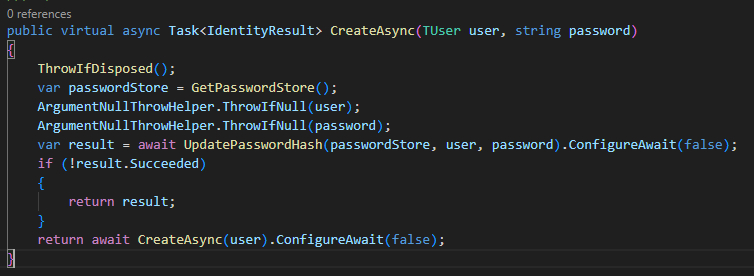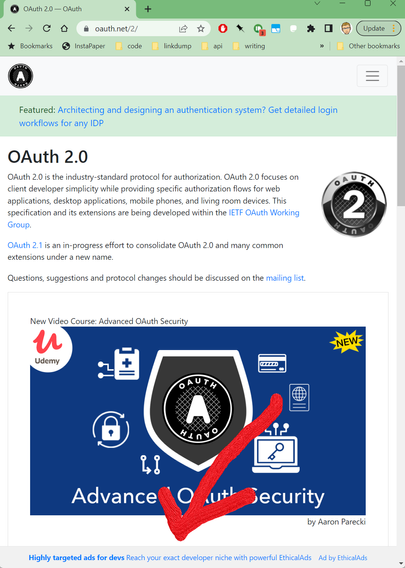A critical flaw in Docker Engine, tracked as CVE-2024-41110, allows attackers to bypass authorization plugins under specific conditions. This vulnerability, with a CVSS score of 10.0, indicates maximum severity. It involves exploiting an API request with a Content-Length set to 0, tricking the Docker daemon into forwarding the request without the body to the AuthZ plugin, potentially leading to incorrect approval of the request. This issue was initially discovered in 2018 and fixed in Docker Engine v18.09.1 in January 2019, but it wasn't applied to subsequent versions until recently. Versions affected include those up to v19.03.15, v20.10.27, v23.0.14, v24.0.9, v25.0.5, v26.0.2, v26.1.4, v27.0.3, and v27.1.0, assuming AuthZ is used for access control decisions. Users relying on AuthZ plugins are at risk unless they update to versions 23.0.14 and 27.1.0 released on July 23, 2024. Docker Desktop versions up to 4.32.0 are also affected, though the chance of exploitation is low due to the need for local access to the host and the absence of AuthZ plugins in default configurations. Docker advises updating to the latest version to mitigate potential threats.
https://www.docker.com/blog/docker-security-advisory-docker-engine-authz-plugin/
#cybersecurity #docker #vulnerability #cve #authz #dockerengine #dockerdesktop #api #plugins #threat #update



![Screenshot of Argo CD helm chart values.yaml showing rbac.scopes: "[email, group]" bellow a comment "Default is group, but we want to be able to authorize individuals as well"](https://files.mastodon.social/cache/media_attachments/files/112/609/191/101/838/563/small/734617e171bc50f0.png)
![Screenshot of artifact hub showing the default values of Argo CD helm chart with scopes: "[groups]".](https://files.mastodon.social/cache/media_attachments/files/112/609/191/101/838/564/small/b1c38e0e98d083c6.png)

